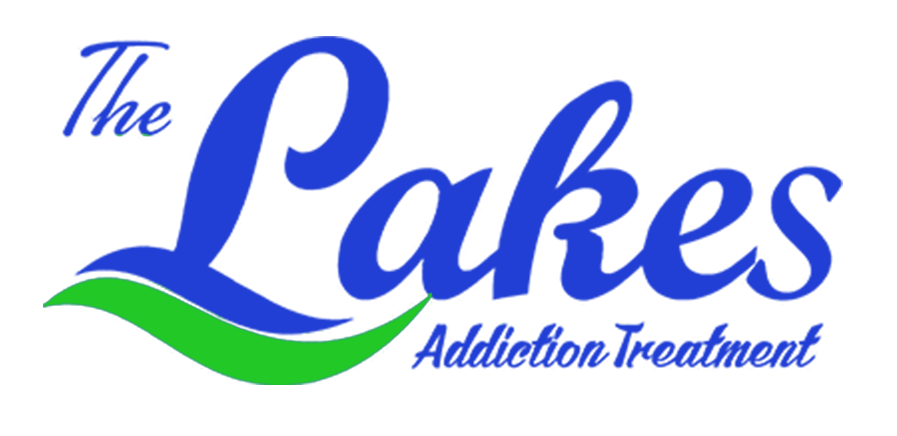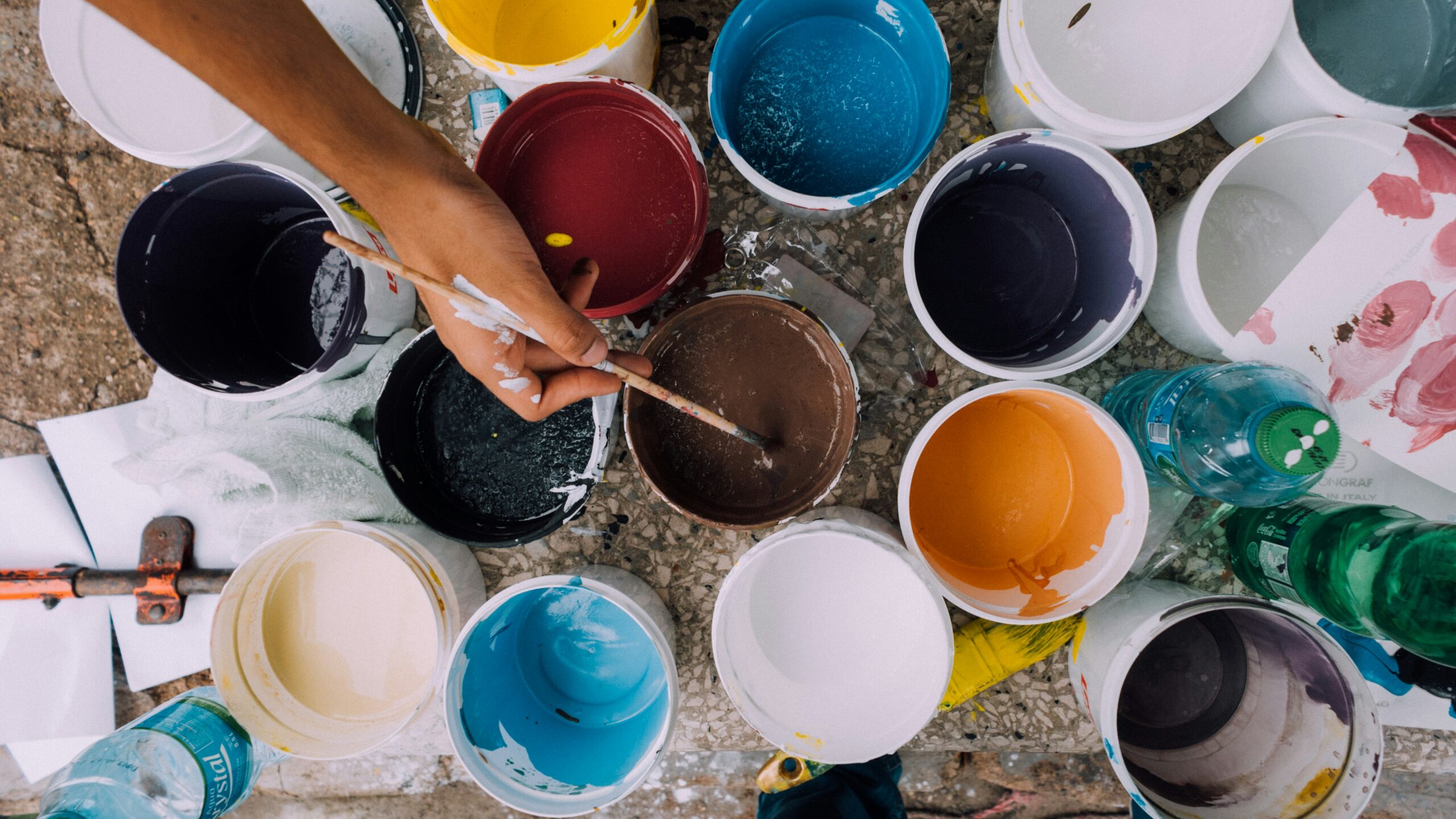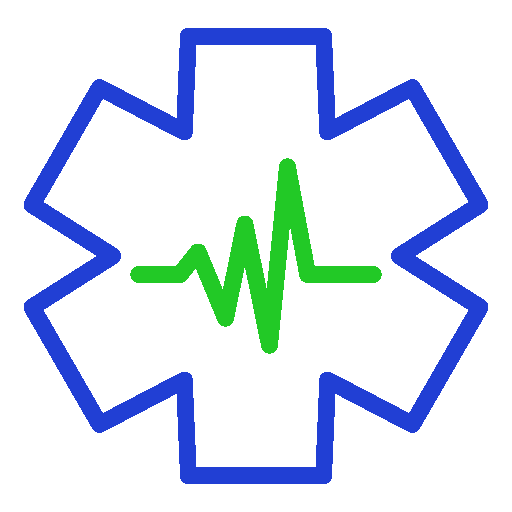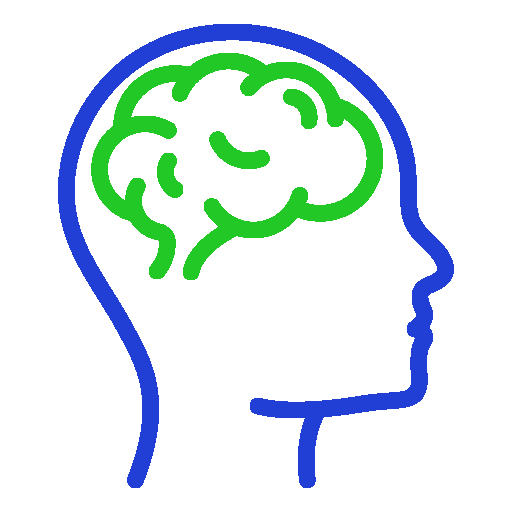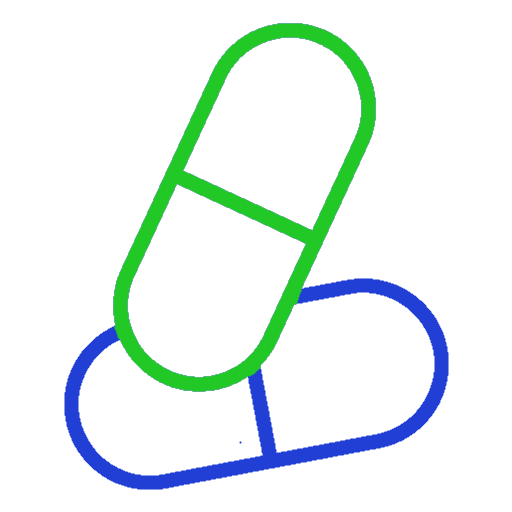Addiction recovery is a challenging journey that often requires various therapeutic approaches to support individuals on their path to healing. While traditional therapies like counseling and group sessions are essential, alternative methods like art therapy have gained recognition as a more hands-on treatment form.
Let’s look closer at the benefits of art therapy in addiction recovery.
What is Art Therapy?
Art therapy is a form of psychotherapy that uses the creative process of making art to improve and enhance physical, mental, emotional, and spiritual well-being. It is a unique approach to addiction treatment that allows individuals to express themselves in ways that words alone often can’t.
Art therapy is based on the belief that the creative process can be healing and therapeutic, providing a safe space for individuals to explore and express their emotions. By engaging in various art forms, individuals can gain insight into their feelings and experiences, which is particularly beneficial in the context of addiction recovery.
Top 5 Benefits of Addiction Treatment Art Therapy
Let’s take a closer look at how art therapy impacts addiction recovery:
1. Enhancing Emotional Expression and Processing
Art therapy provides a safe and non-verbal outlet for individuals to express and process complex emotions. By providing individuals a safe environment for creative expression, they can communicate complex emotions and process challenging experiences. Art therapy also helps addiction patients explore their feelings and gain insights into their emotional states.
2. Fostering Self-Discovery and Self-Awareness
Engaging in artistic activities can lead to self-discovery and increased self-awareness. This form of therapy encourages individuals to tap into their creativity, allowing them to discover new aspects of themselves and their recovery journey.
3. Promoting Mindfulness and Relaxation
Art therapy is a powerful method that emphasizes the importance of living in the present moment, creating an environment conducive to mindfulness and relaxation. Through various artistic activities and expressions, individuals can immerse themselves in the creative process, allowing their thoughts and emotions to flow freely.
This therapeutic approach encourages self-reflection, stress reduction, and a sense of calmness, ultimately fostering overall well-being and mental rejuvenation.
4. Strengthening Coping Skills
Art therapy is a valuable tool in helping individuals strengthen their life coping skills by providing a constructive and healthy outlet to navigate stress and triggers. Through engaging in various artistic activities, individuals can express their emotions, explore their thoughts, and develop effective strategies for managing difficult situations. By channeling their feelings into creative endeavors, art therapy empowers individuals to build resilience and find solace, ultimately enhancing their overall well-being and coping with life’s challenges.
5. Building Communication and Social Skills
Group therapy sessions serve as a supportive setting for art therapy, helping to build trust and rapport among participants. Art therapy can be done individually or in groups, offering improved communication and social interaction opportunities.
Art Therapy Techniques for Addiction Recovery
Art therapy techniques for addiction recovery include a variety of creative activities such as drawing, painting, sculpting, and collage-making. These activities help individuals to express and process their emotions, gain insight into their addiction, and develop new coping skills.
Some common art therapy techniques used in addiction recovery include:
- Gestalt Method: This technique involves creating artwork that expresses thoughts and emotions, and then exploring the meaning behind the artwork. It helps individuals to gain a deeper understanding of their feelings and experiences.
- Active Imagination: This technique involves imagining and creating any kind of work, and then exploring the emotions and thoughts associated with the artwork. It encourages self-reflection and emotional exploration.
- Third Hand: This technique involves the therapist assisting with the creation of the art while the individual directs them, helping individuals to open up and communicate their feelings. It fosters a collaborative and supportive environment for self-expression.
The Role of Art Therapy in Relapse Prevention
Art therapy plays a crucial role in relapse prevention by helping individuals to identify and manage their emotions, develop coping skills, and gain insight into their addiction. By exploring and expressing their emotions through art, individuals can better understand their triggers and develop strategies to prevent relapse.
Art therapy also provides a healthy outlet for emotions, reducing the need to turn to substances as a coping mechanism. This proactive approach to emotional management is essential in maintaining long-term sobriety and overall well-being.
What About Group Art Therapy?
Group art therapy is a powerful tool in addiction recovery, providing a sense of community and support among individuals who are going through similar experiences. Group art therapy sessions allow individuals to share their artwork and connect with others, fostering a sense of understanding and empathy.
Group therapy can help individuals to develop social skills, build relationships, and learn from others. The shared creative process can be incredibly validating and empowering, reinforcing the idea that they are not alone in their recovery journey.
The Importance of Trained Art Therapists
Trained art therapists are essential in providing effective art therapy for addiction recovery. They understand the complexities of addiction and the creative process and are skilled in using art therapy techniques to help individuals achieve their recovery goals.
Trained art therapists can also provide a safe and supportive environment for individuals to explore and express their emotions, and can help individuals to develop a personalized recovery plan that incorporates art therapy. Their expertise ensures that the therapeutic process is both effective and tailored to the unique needs of each individual, enhancing the overall recovery experience.
Experience Addiction Treatment with Art Therapy Today
At The Lakes Treatment Center, we encourage many different forms of therapy and activities to help you recover from addiction, including art. Tap into your creative abilities and discover new talents, then work towards recovering from substance abuse.
Curious about integrating art therapy into your recovery process? Contact us at (209) 309-3573 to learn more about our treatment facility.
